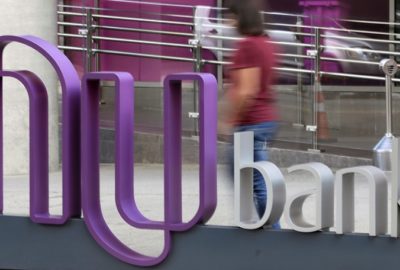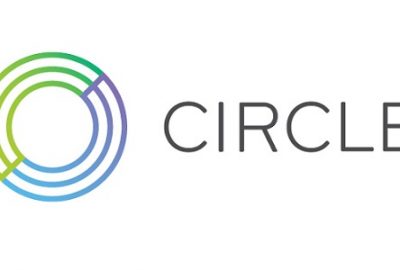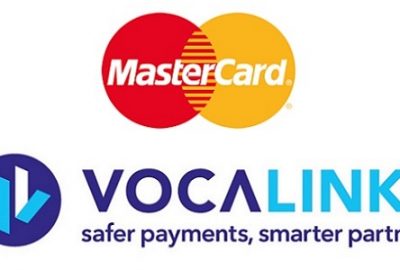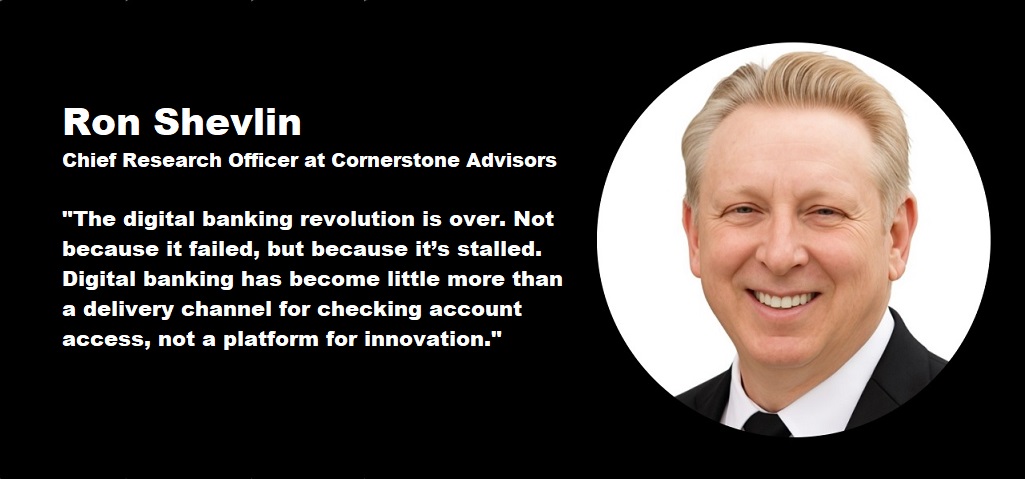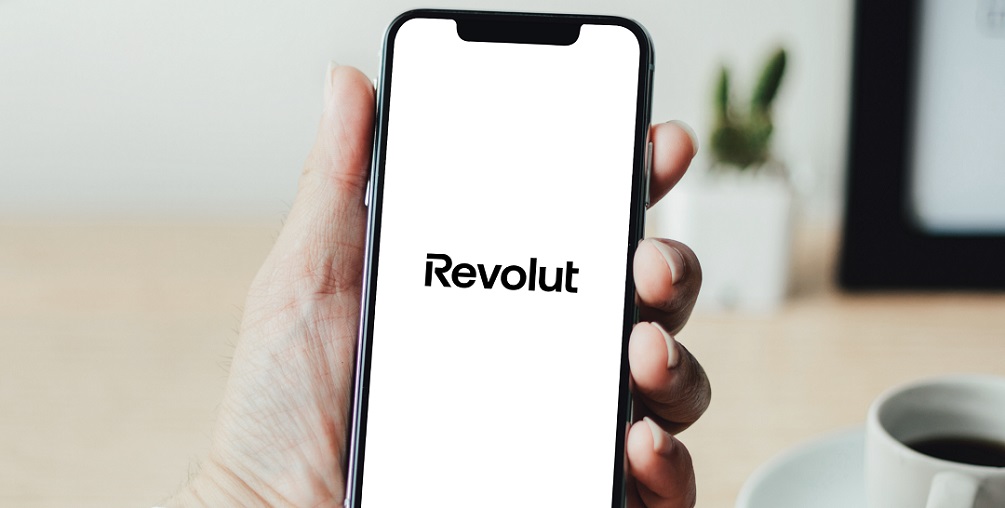Banking Trojans remain the most dangerous online threats – Romania & Canada are the safest countries for online activity
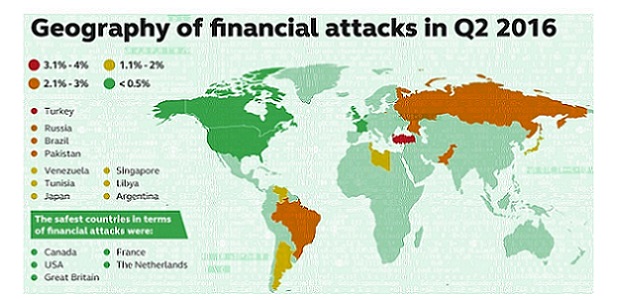
Kaspersky says that when we talk about online attacks against users, the safest countries for online activity were Canada (15%), Romania (14.6%) and Belgium (13.7%), while the countries at highest risk of Internet infection were Azerbaijan (32.1%), Russia (30.8%) and China (29.4%).
Banking Trojans remain the most dangerous online threats, according to Kaspersky Lab’s IT threat evolution Report for Q2. These malware are often propagated via compromised or fraudulent websites and spam emails and, after infecting users mimic an official online banking page in an attempt to steal users’ personal information, such as bank account details, passwords, or payment card details.
Financial malware is evolving through collaboration between malware creators, according to Kaspersky Report. During the quarter Kaspersky Lab products blocked 1,132,031 financial malware attacks on users, a rise of 15.6% compared to the previous quarter. One of the reasons for the rise is the collaboration between the authors of two leading banking Trojans: Gozi Trojan and Nymaim Trojan, pushing both into the top 10 ranking of financial malware.
According to the Kaspersky Lab statistics for the quarter, Turkey became the country most attacked by this type of malware: 3.45% of Kaspersky Lab product users in the country encountered such an online threat during the quarter. Russia was in second place, the target of 2.9% of online threats, followed by Brazil with 2.6%. The Olympic Games are likely to push Brazil up the attack list in Q3.
The main culprits were the Gozi and Nymaim banking Trojans, with the authors of both joining forces. The Nymain Trojan was initially designed as ransomware, blocking access to users’ valuable data and then demanding a ransom to unblock it. However, the latest version includes banking Trojan functionality from Gozi source code that provides attackers with remote access to victims’ PCs. Additional, and apparently also joint efforts have been put into the distribution of this malware and this cooperation pushed both into the top 10 financial malware rating. Gozi took second place with 3.8% of users whose security software triggered a financial malware detection, while Nymaim took sixth place with 1.9%. The list of financial malware continues to be led by Zbot. 15.17% of those hit by financial malware were attacked with this Trojan.
“Financial malware are still active and developing rapidly. New banking Trojans have significantly extended their functionality by adding new modules, such as ransomware. If criminals do not succeed in stealing users’ personal data, they will encrypt it and demand a ransom. Yet another example is the Neurevt Trojan family. This malware was used not only to steal data in online banking systems, but also to send out spam. We at Kaspersky Lab are responding to this situation by expanding and sharpening the way we detect and classify financial malware – so that we can block it even faster,” notes Denis Makrushin, Security expert at Kaspersky Lab.
Other online threat statistics from the Q2, 2016 report include:
. In total, in Q2 Kaspersky Lab products blocked 171,895, 830 online attacks against users.
. Malware originated in 191 countries, although an overwhelming 81% came from just ten countries, led by the USA, (35.4%) Russia (10.3%) and Germany (8.9%).
. 54,539,948 unique URLs were recognized as malicious by the company’s security solutions, a 17% decrease on the same quarter in 2015.
. Every fifth PC user faced web-attack at least during the quarter.
. Kaspersky Lab products detected 16,119,489 unique malicious objects: scripts, exploits, executable files, etc.
Source: www.kaspersky.com
Dariusz Mazurkiewicz – CEO at BLIK Polish Payment Standard
Banking 4.0 – „how was the experience for you”
„To be honest I think that Sinaia, your conference, is much better then Davos.”
Many more interesting quotes in the video below:


